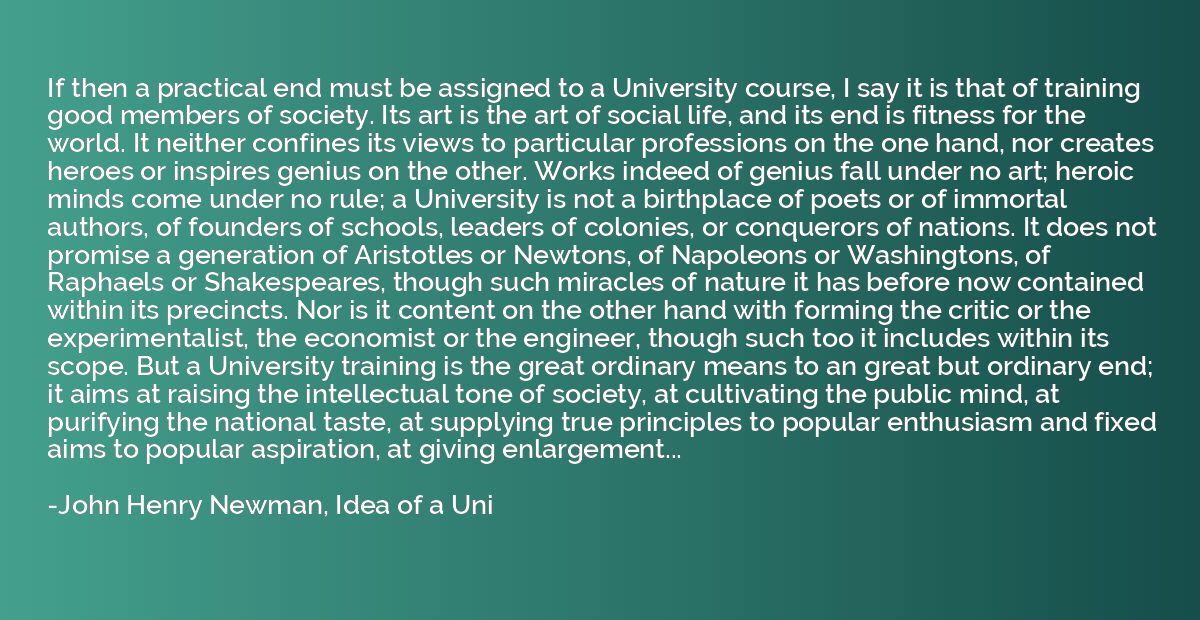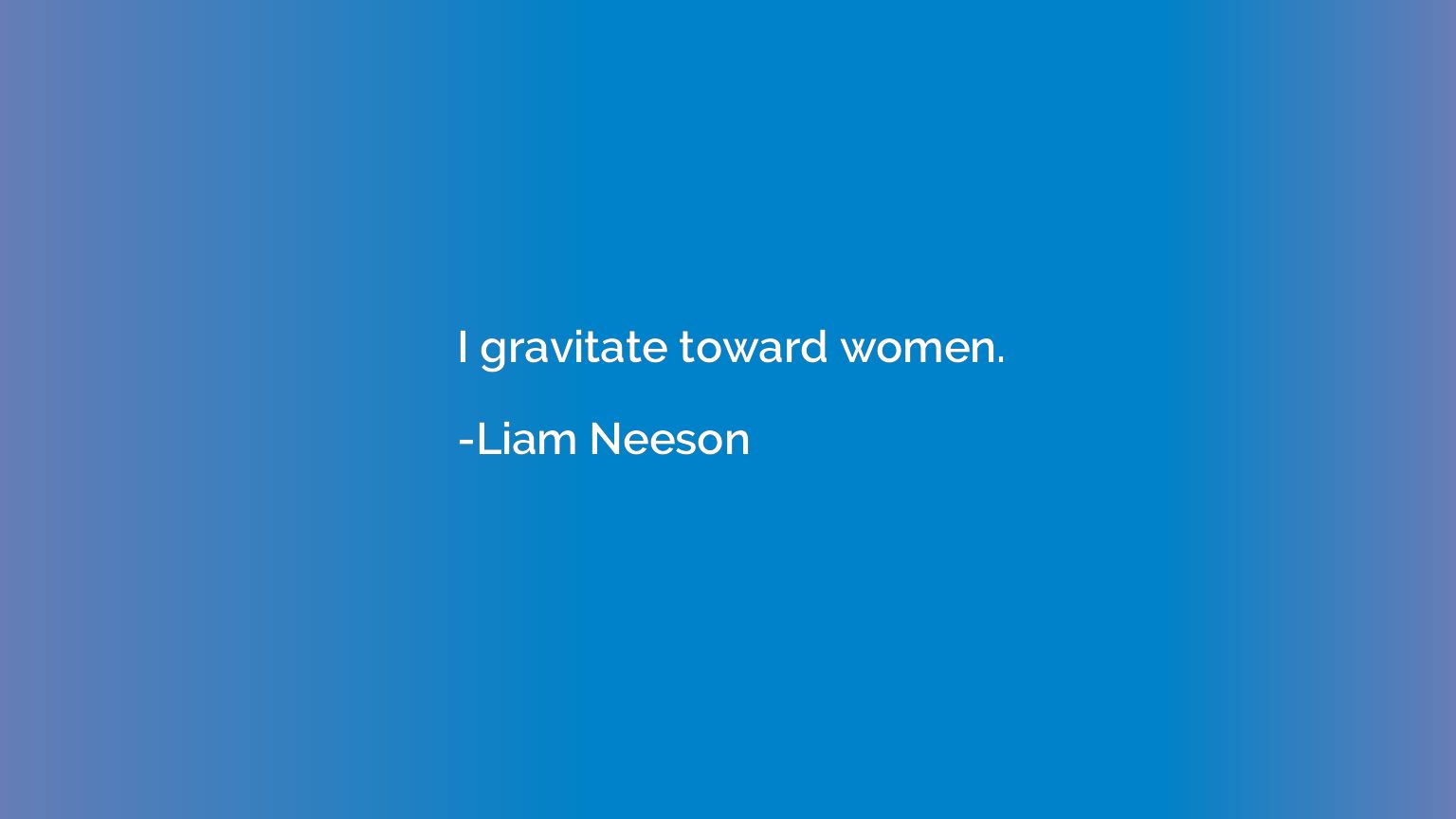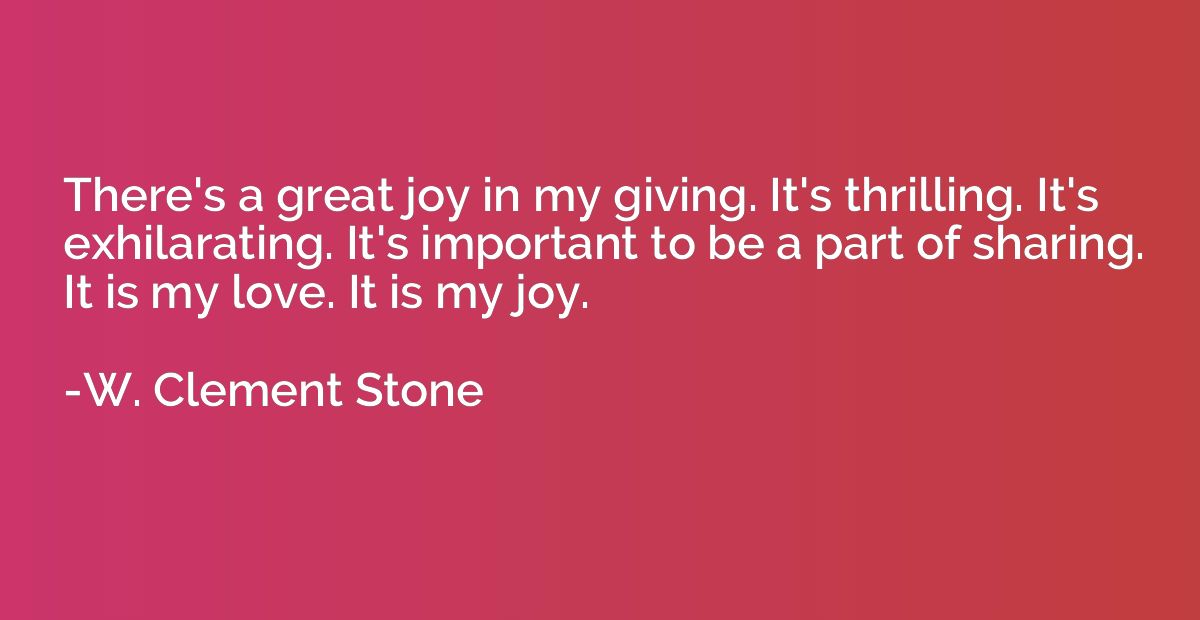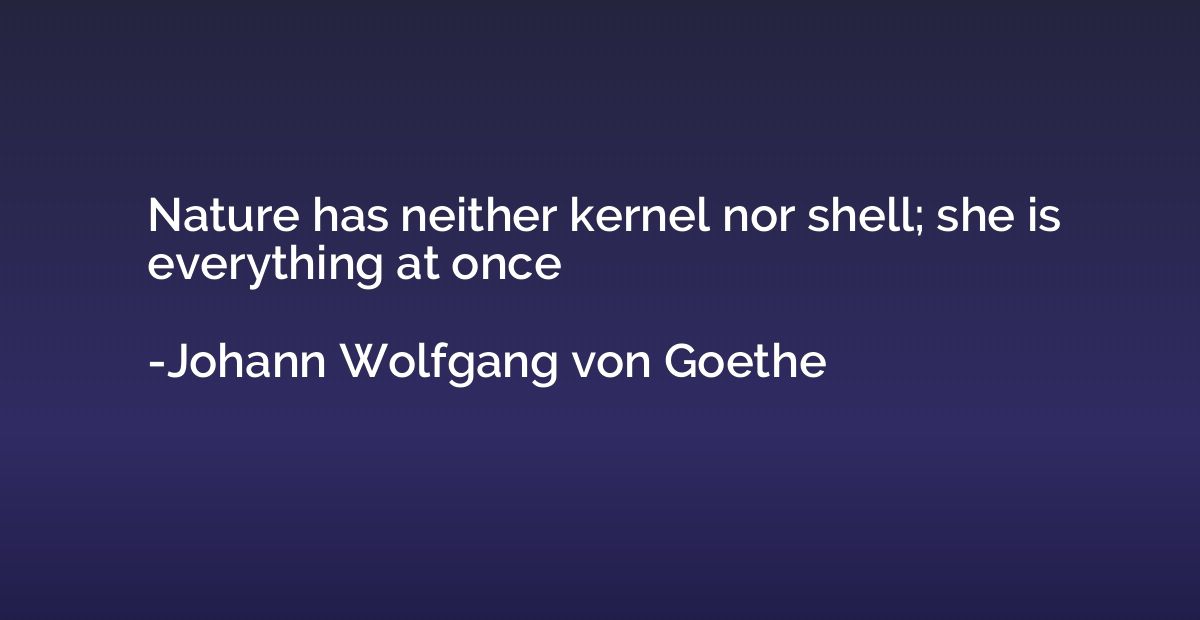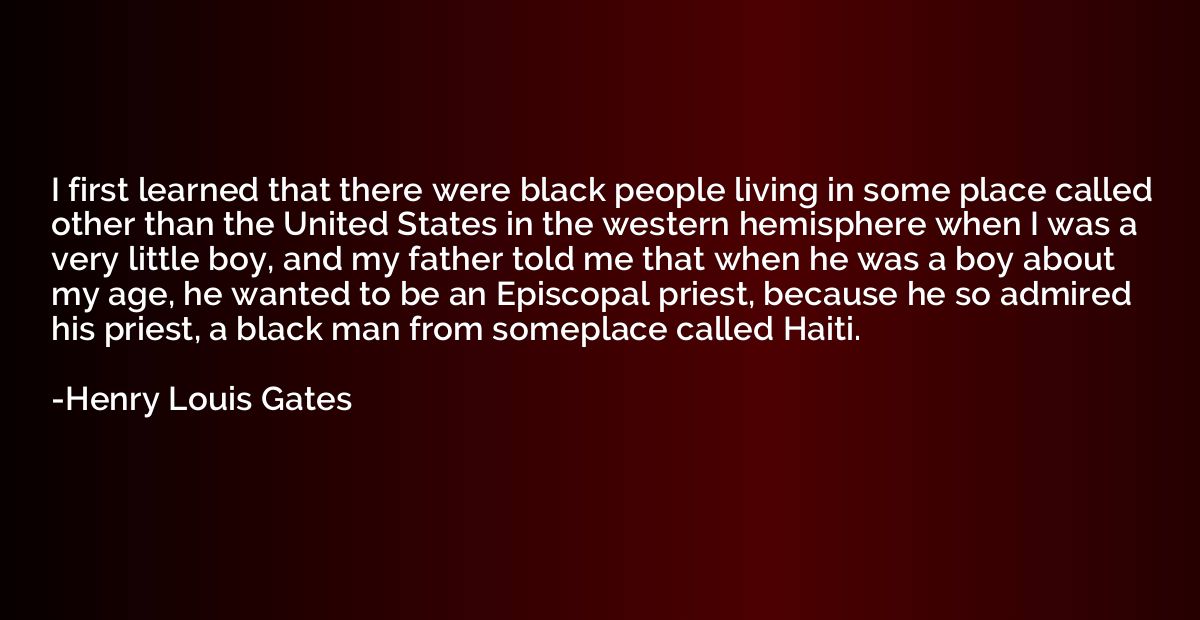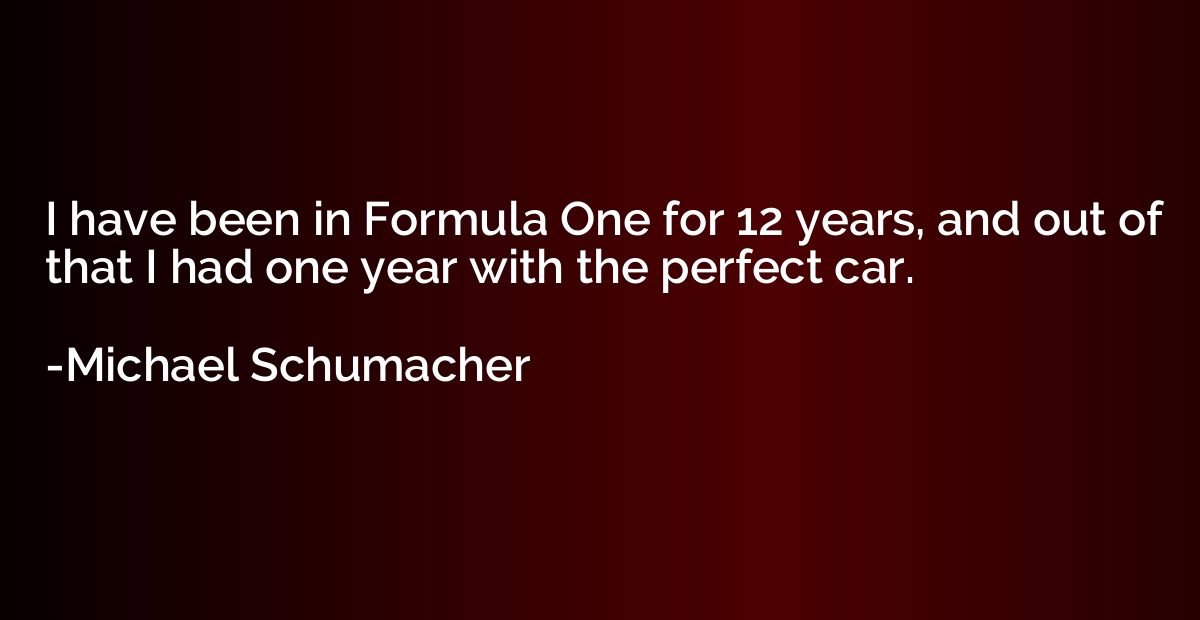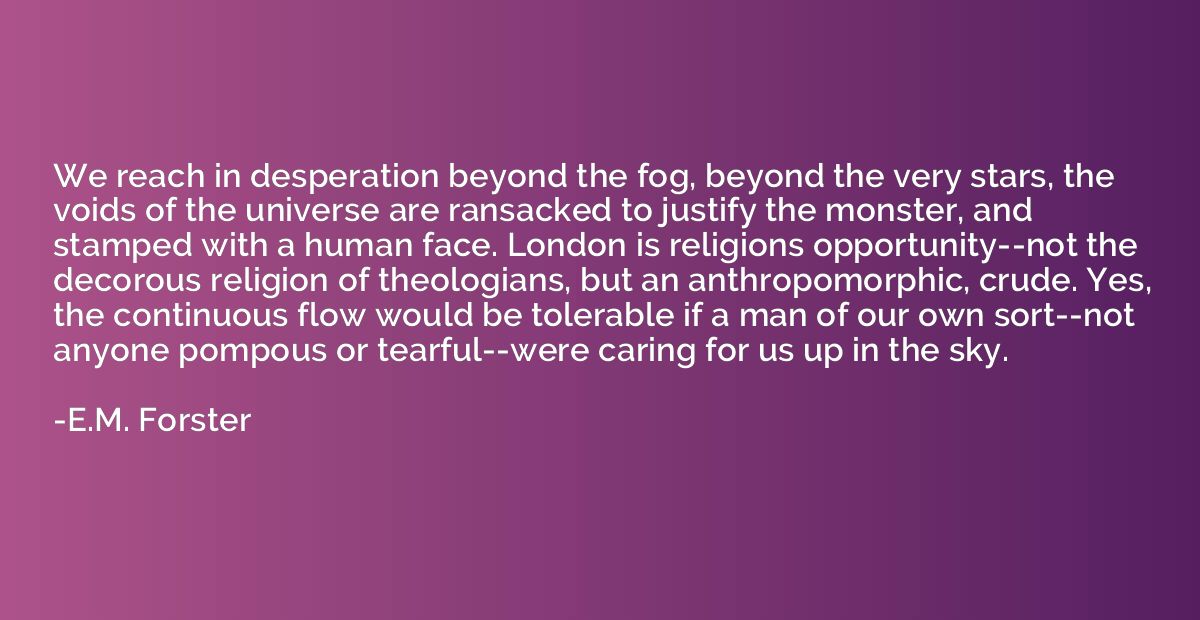Quote by Samuel Johnson
Leisure and curiosity might soon make great advances in useful knowledge, were they not diverted by minute emulation and laborious trifles.
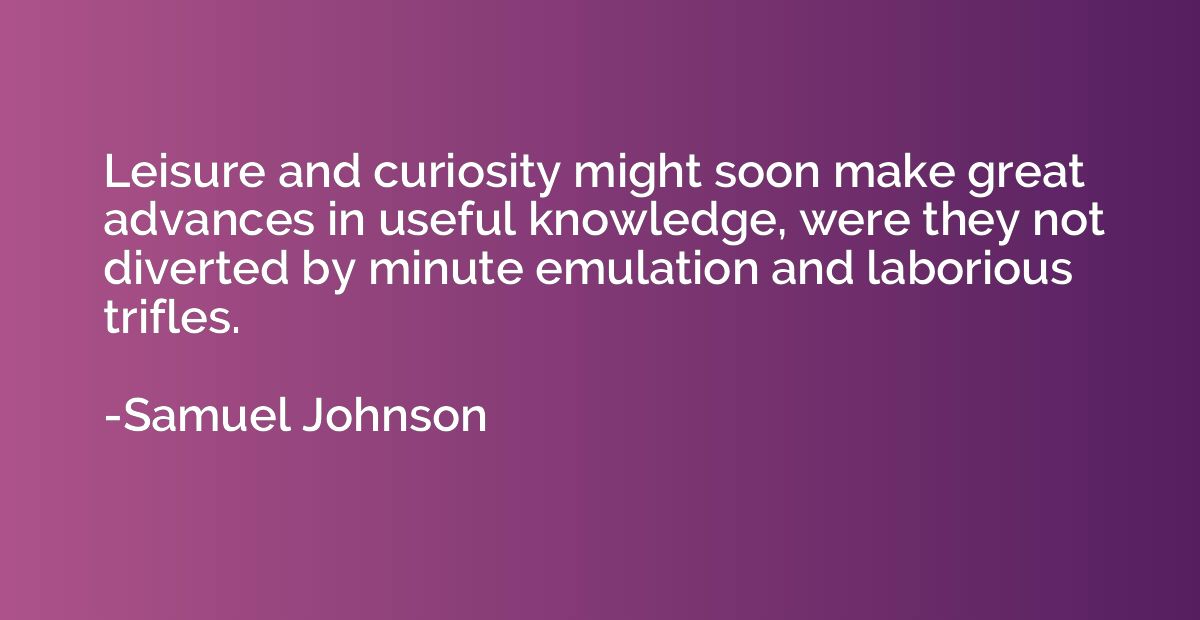
Summary
This quote suggests that if people could focus their leisure time and curiosity more effectively, they could make significant progress in acquiring valuable knowledge. However, their attention is easily diverted by unnecessary rivalries and meaningless activities that require excessive effort. The quote implies that if individuals were able to prioritize and concentrate on meaningful pursuits, they could achieve greater intellectual achievements.




